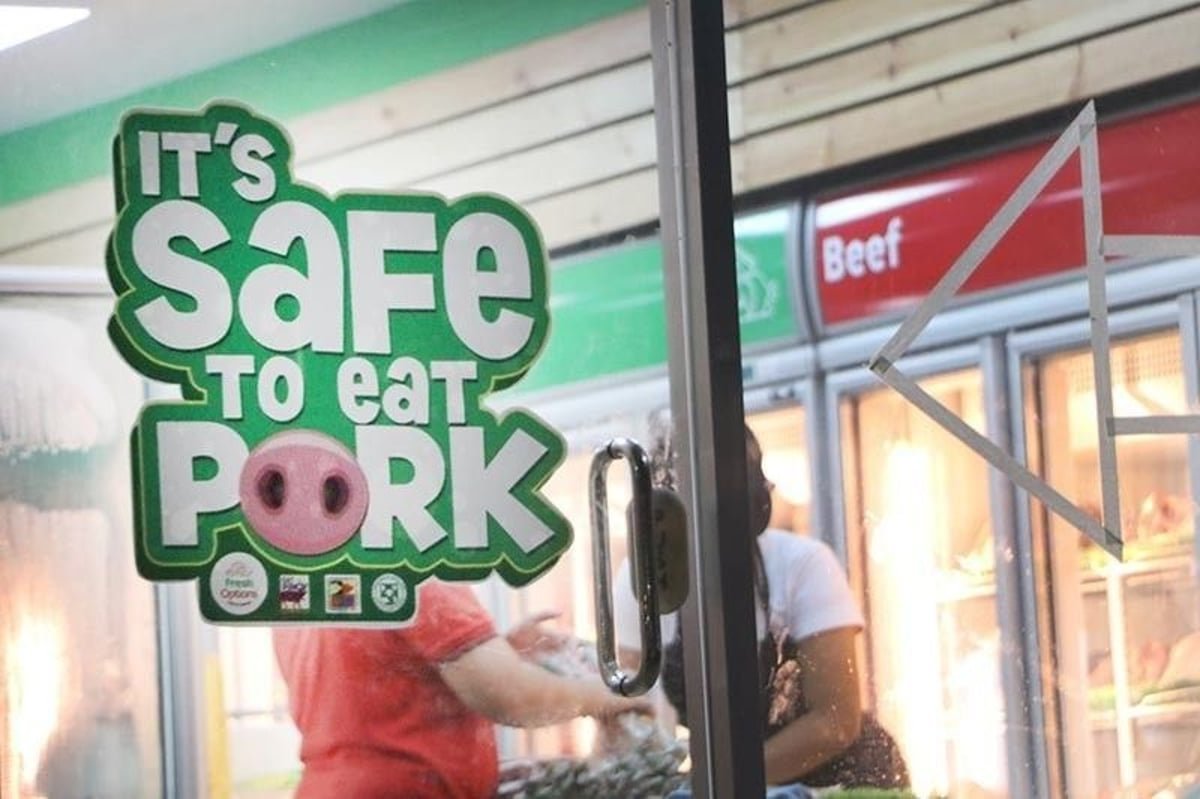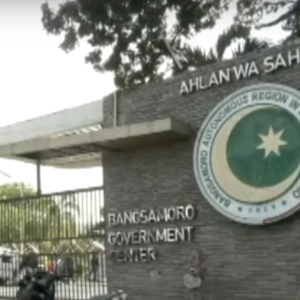
LIVESTOCK technicians and veterinarians from the municipal and provincial veterinary offices in Davao Region are currently being prepared with protocols in case an African Swine Fever (ASF) outbreak occurs.
This was revealed during the three-day simulation workshop on animal disease emergencies and response to transboundary animal disease (TAD) outbreaks held in Davao City from September 17 to 19, this year.
Martinet Roble, chief of the Agriculture Regional Regulatory Division, said the activity was conducted because of the problems and threats transboundary diseases may pose to animals and crops.
“We have a problem on transboundary diseases which put to risk not only our animals but also our crops,” he said.
According to Boehringer Ingelheim, one of the world’s largest pharmaceutical companies for both animal and human health products, “transboundary animal diseases (TADs) are highly transmissible diseases of animals that can spread quickly and pose a serious socio-economic threat with harsh consequences: they not only endanger animal well-being but can also impact international trade, and even prevent food from getting to our table.”
Roble expressed that the region’s swine industry has not yet recovered from the ASF outbreak in 2020, adding that because of the onslaught of the ASF in that year, prices of meat and meat products skyrocketed because of a huge gap in the demand and supply.
He added that despite the efforts of the local government unit, some areas that have already been declared ASF-free, the virus still keeps coming back.
A pool of experts from the Food and Agriculture Organization (FAO) who led the simulation exercises also led the participants.
Transboundary diseases include ASF in pigs, Avian Influenza in chickens, Newcastle disease in chickens, and Foot-and-Mouth disease, among others.
The official added that through the simulation workshop, transboundary animal disease outbreaks can be prevented from entering a region or at least can be quickly taken care of. RGP






